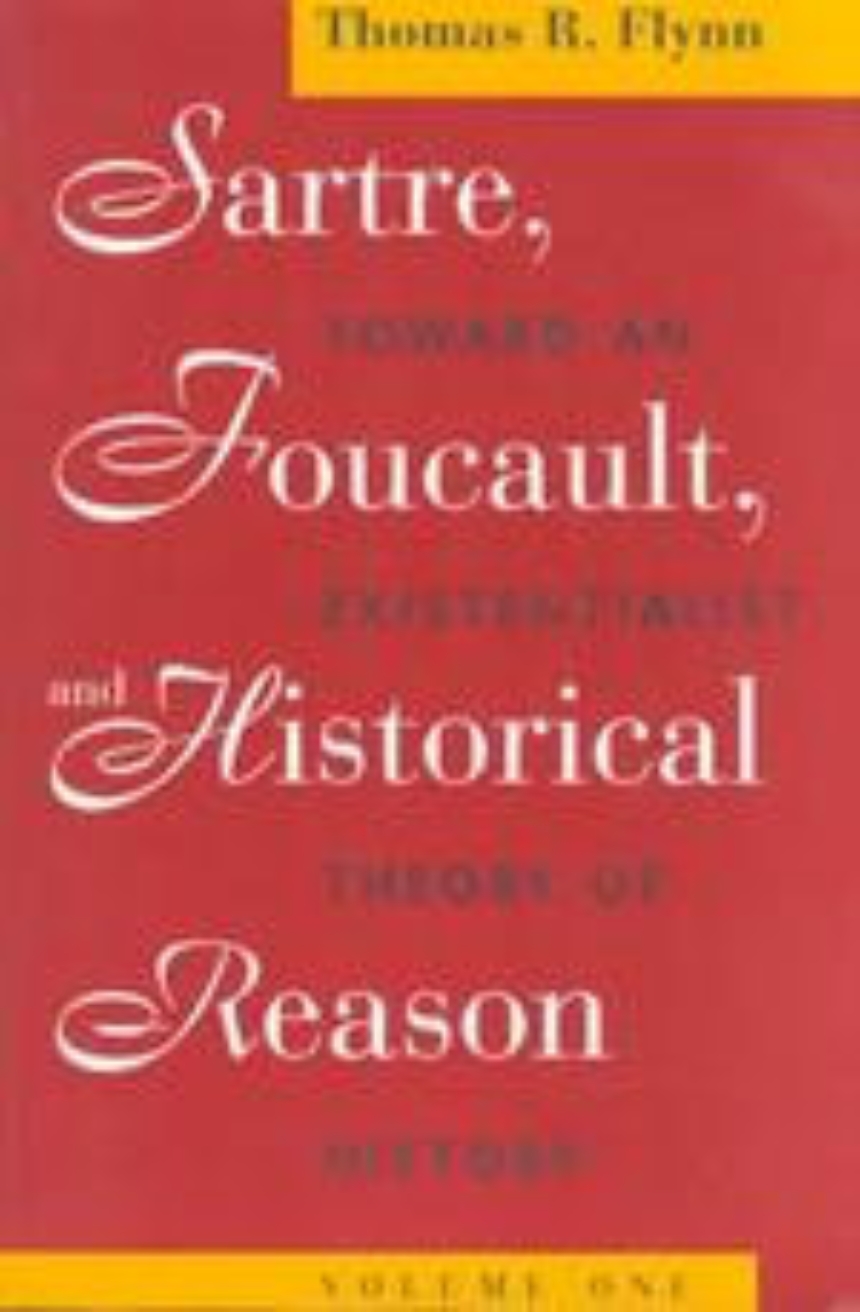Sartre, Foucault, and Historical Reason, Volume One
Toward an Existentialist Theory of History
9780226254685
9780226254678
9780226254692
Sartre, Foucault, and Historical Reason, Volume One
Toward an Existentialist Theory of History
Sartre and Foucault were two of the most prominent and at times mutually antagonistic philosophical figures of the twentieth century. And nowhere are the antithetical natures of their existentialist and poststructuralist philosophies more apparent than in their disparate approaches to historical understanding.
A history, thought Foucault, should be a kind of map, a comparative charting of structural transformations and displacements. But for Sartre, authentic historical understanding demanded a much more personal and committed narrative, a kind of interpretive diary of moral choices and risks compelled by critical necessity and an exacting reality. Sartre’s history, a rational history of individual lives and their intrinsic social worlds, was in essence immersed in biography.
In Volume One of this authoritative two-volume work, Thomas R. Flynn conducts a pivotal and comprehensive reconstruction of Sartrean historical theory, and provocatively anticipates the Foucauldian counterpoint to come in Volume Two.
A history, thought Foucault, should be a kind of map, a comparative charting of structural transformations and displacements. But for Sartre, authentic historical understanding demanded a much more personal and committed narrative, a kind of interpretive diary of moral choices and risks compelled by critical necessity and an exacting reality. Sartre’s history, a rational history of individual lives and their intrinsic social worlds, was in essence immersed in biography.
In Volume One of this authoritative two-volume work, Thomas R. Flynn conducts a pivotal and comprehensive reconstruction of Sartrean historical theory, and provocatively anticipates the Foucauldian counterpoint to come in Volume Two.
Table of Contents
Preface: The Diary and the Map
Acknowledgements
Works Frequently Cited
Part One
1. Living History: The Risk of Choice and the Pinch of the Real
2. The Dawning of a Theory of History
3. Dialectic of Historical Understanding
4. History as Fact and as Value
Conclusion to Part One
Part Two
5. History Has Its Reasons
6. The Sens of History: Discovery
7. History and Biography: Critique 2
8. Biography and History: The Family Idiot
Conclusion to Part Two
Part Three
9. Sartre and the Poetics of History: The Historian as Dramaturge
10. History and Structure: Sartre and Foucault
Conclusion to Volume One
Notes
Index
Acknowledgements
Works Frequently Cited
Part One
1. Living History: The Risk of Choice and the Pinch of the Real
2. The Dawning of a Theory of History
3. Dialectic of Historical Understanding
4. History as Fact and as Value
Conclusion to Part One
Part Two
5. History Has Its Reasons
6. The Sens of History: Discovery
7. History and Biography: Critique 2
8. Biography and History: The Family Idiot
Conclusion to Part Two
Part Three
9. Sartre and the Poetics of History: The Historian as Dramaturge
10. History and Structure: Sartre and Foucault
Conclusion to Volume One
Notes
Index
